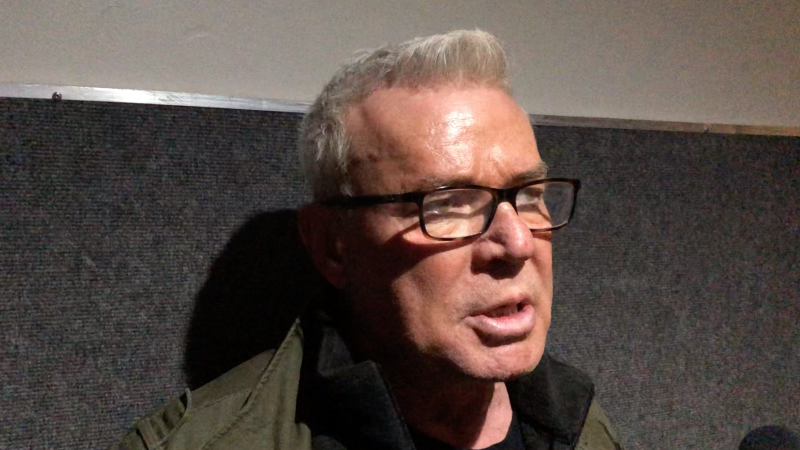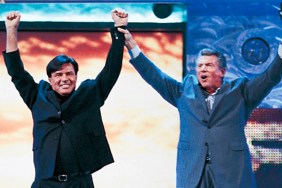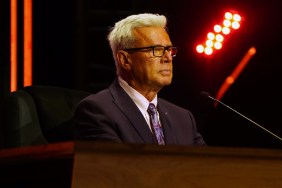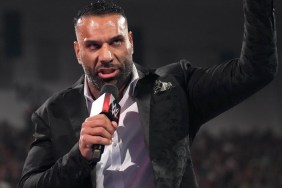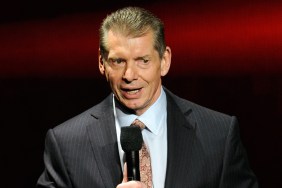Eric Bischoff is one of the most well-known figures in professional wrestling, and as the former President of World Championship Wrestling, his stance on the controversial debate surrounding unionization in professional wrestling is noteworthy. On a recent episode of his podcast, 83 Weeks, Bischoff discussed the issue and the potential ramifications of unionization in professional wrestling.
“I’m by no means an employment law expert, and I wanna be really clear that I’m not trying to pretend that I am. So I’m just kind of looking at information that’s out there on the issue…. I’ve always felt that the independent contractor status in the business model, the expense model, the WWE uses, which relies so much on the independent contractor status of its talent, was an Achilles’ heel.”
“It was just a matter of time before it was going to be challenged. Now frankly, I’m surprised it hasn’t been challenged sooner. There’s so much at risk and, let’s just start off by saying if I was a talent today, I was 25, 26, 27 years old and was really just beginning to get my feet underneath me within the sports entertainment industry as a performer, I can understand the tendency for people to get kind of excited about this because they think it will benefit their lives and in some way, as a young talent, maybe it will. And maybe it will across the board in some ways, maybe in many ways if this whole unionization or reclassifying, at the very least, WWE talent and AEW talent, by the way, this is not just WWE, if this issue becomes a big issue, which I kind of think it will, it’s going to radically change the business of the wrestling business, particularly in the WWE because they’ve been around a lot longer.”
Bischoff also spoke about the unintended consequences of unionization, noting that there still are benefits to being an independent contractor and unionizing should be fully researched before jumping in headfirst.
“There’s always unintended consequences in any big decision or change that sometimes people don’t anticipate, but I can understand why, man it sounds great, ‘If we were a union, I’d get this and I’d get that,’ and all of those things are true in regard to heath insurance and other benefits, those arguments are true. But what does it do to the revenue model to WWE or AEW or any other televised wrestling company that’s going to have to deal with this issue if it becomes a big national issue? It’s going to dramatically change the way people are paid, and it may not benefit talent as much as they think it will.”
“There’s a lot of value, and I’ve said this for a long time, there’s a lot of value in being an independent contractor. There are some downsides, there are. There’s also limitations when you’re an employee or if you’re in a union, and I don’t know man, I posted this the other day: Be careful what you wish for. Do your homework, think about it. Think about the unintended consequences and the ways you’re going to be affected if the WWE talent model, in terms of paying their talent, is dramatically altered.”
“If all of a sudden now unionization becomes a real thing or even if unionization doesn’t but WWE, for example, is challenged in court by the likes of Andrew Yang and has to defend their independent contractor status for their talent, there’s a really good chance, in today’s political environment, especially, that it’s not going to come out so well for WWE, in my opinion. I think the WWE has probably been guilty of overreaching with regard to the amount of control they want to exert over an independent contractor, I think that’s their Achilles’ heel, and that will probably come back to haunt them at some point.”
If you use any portion of this transcription, please credit Colin Tessier of WrestleZone.com
RELATED: Eric Bischoff: AEW’s Creative Process Is Going Back To The Future
